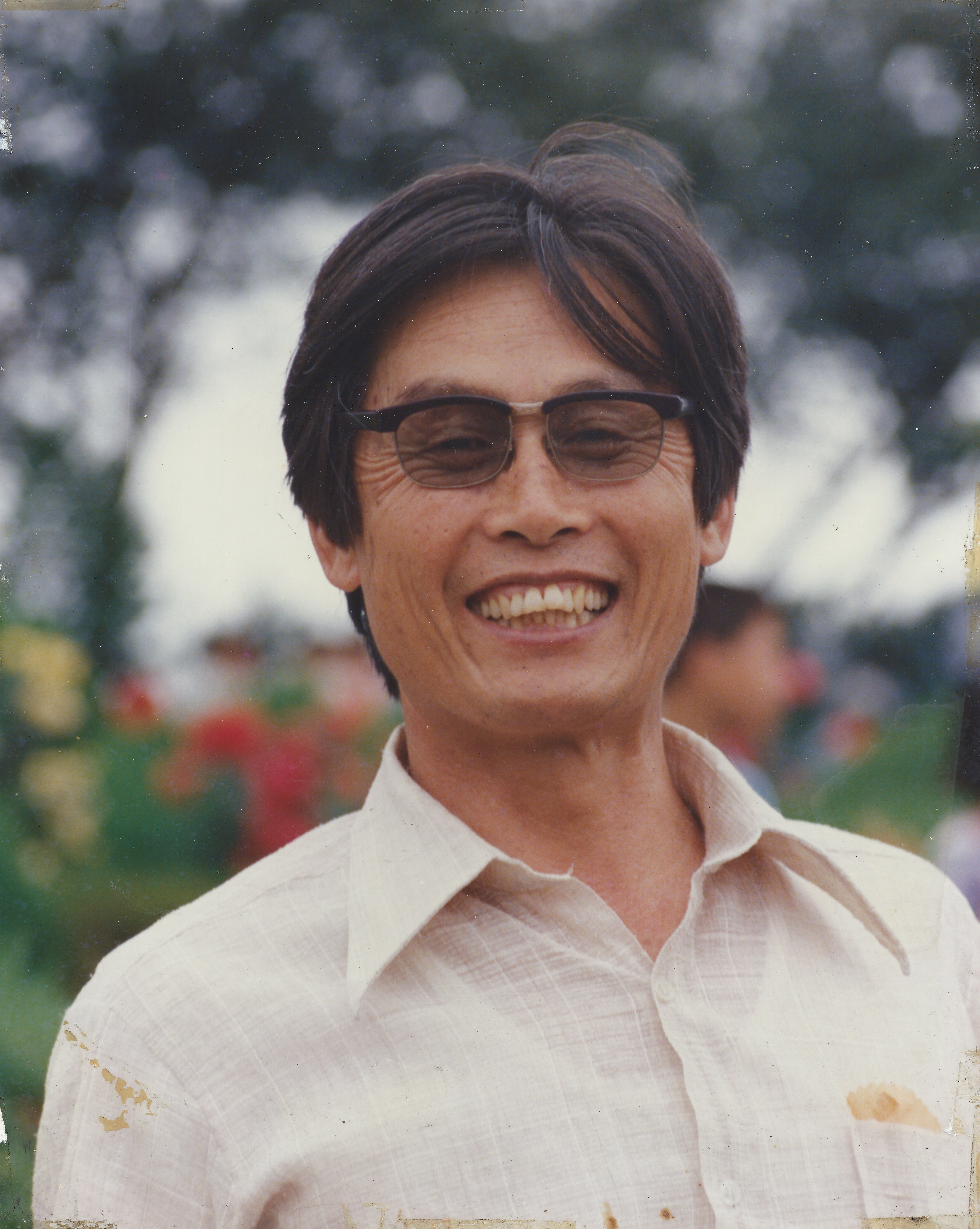반응형
[위키백과 발췌]
제임스 하우스만 (James Harry Hausman; 1918~1996)은 미육군 대위로서 '대한민국 국군의 아버지'라고 불리는 사람으로, 대한민국 국군의 설립에 매우 큰 영향을 미친 사람이다.
출생
하우스만은 1918년 2월 28일 미국 뉴저지 러니미드에서 독일계 미국인 존 오토 하우스만과 스코틀랜드계 어머니 사이에서 태어났다. 원래 이름은 존 오토 하우스만 2세였지만, 입영가능 연령 이전인 16세에 6세 위의 형의 이름을 빌어 입대하는 바람에 제임스 하우스만이라는 이름을 갖게 되었다.
한국 파견
2차세계대전 이후 1946년 7월 28세의 나이로 한국으로 파견되었다. 당시 한국은 미국과 소련이 분할점령하던 중이었고, 양국은 남과 북에 별도의 군을 창설하는 것을 바라지 않았기 때문에 남북은 각자의 경찰병력으로 치안을 유지하던 중이었다. 하우스만은 남한에서 경찰을 보조하는 조선경비대를 창설하는 것을 지원하는 역할을 맡았다. 프라이스 대령에게 전입을 신고한 후 춘천8연대에 배치되어 1개월간 연대를 훈련하고 조직하는 역할을 맡았다. 이후 배로스 대령의 부름을 받아 1946년 8월부터 배로스 대령의 수석 보좌관 역할을 수행했다.
조선경비대 총사령관으로 있던 배로스 대령이 제주도지사로 발령이 난 후, 초대 총사령관 송호성이 임명되기 전까지 하우스만은 사실상 조선경비대 총사령관 역할을 수행했다. 김완룡, 이지형을 시켜 미군 조직법을 번역해 군 조직법을 만들고, 군 조직에 있어 '실전경험'을 우대하는 인사를 함으로써 자연스럽게 일본군과 만주군 출신의 군인들을 중용했다. 이를 통해 이형근, 채병덕, 정일권, 백선엽, 박정희 등이 군 요직으로 진출했고, 반대로 광복군 출신은 홀대를 받았다. [1]
하우스만은 60년대 중반까지 한국 정치계의 배후 실력자로 군림하면서 영향력을 미쳐왔고 1981년까지 한국에서 국제연합 고문으로 근무했다. 군대 좌익 색출 작업을 시행하면서, 무고한 양민들까지 무차별적으로 총살하고 그것을 녹화해 훈련용 교재로 활용하기도 했다. 제주도 양민 20여명의 총살을 지시한 일에 대해 문책하던 미국 대사에게 “몇개월 전에는 민간인 200명 죽이는 것도 보통이었는데 20명 죽인 것이 무슨 문제냐”고 대꾸하기도 했다. [2]
1981년 한국을 떠나면서 깊은 슬픔을 느낀다고 말했지만, 1987년 영국의 언론인과의 인터뷰에서는 “한국인은 일본인보다 더한 야비한 새끼들 (번역 왜곡; 한국(군)이 일본 보다 더 잔인하다가 맞음{(brutal bastards, worse than Japanese)"이라고 폄하했다. [3]
한강 인도교 폭파
하우스만은 한강 인도교 폭파 사건의 최종 명령자인 것으로 지목되고 있다. [1]
훈장
벌지 전투에서 입은 부상으로 퍼플 하트 훈장을 수여받았고, 브론즈 스타 훈장 또한 수여받았다. 여수·순천 사건 진압에 대한 공로로 레지온 오브 메리트 훈장을 받았고, 브론즈 스타 훈장에 대한 오크리프 클러스터 메달을 수여받았다. 대한민국 대통령이 수여하는 충무무공훈장을 받았고, 미국 공군훈장을 받았다.[4]
참조
1↑ 김득중, 여순사건과 제임스 하우스만
2↑ 박노자, 당신들의 대한민국
3↑ Jeremy Kuzmarov, Modernizing repression : police training and nation building in the American century, MIT Press, 2012.
4↑ S. Joseph Hagenmayer, J. Hausman, 78, Army Adviser
3. Jeremy Kuzmarov, Modernizing repression : police training and nation building in the American century, MIT Press, 2012.
4. S. Joseph Hagenmayer, J. Hausman, 78, Army Adviser
By S. Joseph Hagenmayer, INQUIRER CORRESPONDENT
POSTED: October 10, 1996
James H. Hausman, 78, who joined the Army at age 16 and was credited as being the ``father of the Republic of Korea Army,'' died Saturday in Austin, Texas, where he was living.
Underage, using his older brother John's birth certificate, Mr. Hausman joined the Army in 1934.
During his career in the military, Mr. Hausman rose through the ranks from private to lieutenant colonel. In World War II, he saw extensive battlefield action with the 75th Infantry Division and received a Purple Heart after being wounded during the Battle of the Bulge. He also received the Bronze Star.
In 1946, Mr. Hausman, a captain at the time, was stationed in Korea as an adviser to Korean constabulary forces. By then he was considered an expert in strategic intelligence.
During two extended tours of duty in Korea, Mr. Hausman was the military, economic and political adviser to the government of the Republic of Korea, including its military chief of staff and its president. He also served as adviser to the U.S. ambassador and to the U.S. Eighth Army Command, said his son James H. Hausman Jr.
Pulitzer Prize-winning author John Toland referred to Mr. Hausman as ``the father of ROK Army and adviser to ROK Chief of Staff Chung Il-kwon'' in his 1991 book In Mortal Combat Korea, 1950-1953.
``He was a key character of that entire conflict . . . a very disciplined man . . . and the local people trusted him,'' Toland said yesterday.
Mr. Hausman's impact in Korea was felt early on. In 1948, he was awarded the Legion of Merit for his role in helping put down the Yosu Rebellion, a Communist-led insurrection among Korean forces.
By the time he was reassigned to the Pentagon in March 1951, Mr. Hausman had received an Oakleaf Cluster for his Bronze Star, the Korean Chungmu Distinguished Service Medal, a presidential commendation from the Republic of Korea, and the U.S. Air Medal.
In Washington, he served first as the chief of the Korean Strategic Intelligence Section in the Pentagon and later worked in Far East intelligence. He returned to South Korea in 1956 as special adviser to the U.N. Command's commander in chief and to the U.S. Eighth Army.
After retiring from the Army in 1960, Mr. Hausman remained in South Korea until 1981 as an adviser to the Army and the United Nations.
In addition to his son, he is survived by a daughter, Ruth Ann; seven grandchildren; four great-grandchildren; and a sister. He was the widower of Bertha W. Dick Hausman and the father of the late Elizabeth C. Lane.
Funeral services were yesterday.
Little-Turner_PUBP751-001_Fall_2014.pdf
0.14MB
Syll-601-Spring-10.pdf
0.11MB
20166.pdf
0.07MB
889.extract.jpg
0.35MB
반응형
'2. Humanities > 22_한국역사' 카테고리의 다른 글
| 미국 기밀해제로 드러난 이승만과 보도연맹 양민학살 사건 (0) | 2015.12.01 |
|---|---|
| 이승만의 학살극 - 백삼십만의 양민을 빨갱이로 몰아 학살 (0) | 2015.12.01 |
| 여순사건과 제임스 하우스만 김 득 중 (국사편찬위원회 편사연구사) (3) | 2015.12.01 |
| 권인숙 “‘조영래평전’은 나와서는 안될 책” (0) | 2015.11.24 |
| 근대 각종 관보 (0) | 2015.11.23 |

